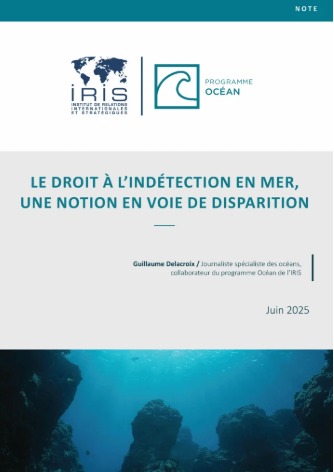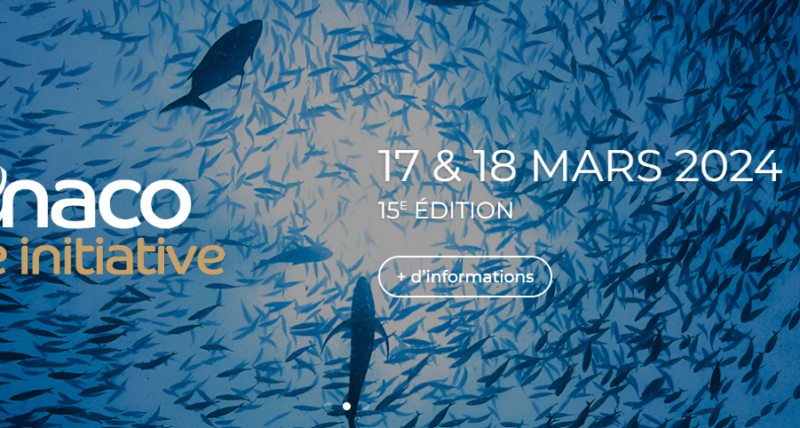Is the sea truly a free space? Do those who navigate it have a right to be forgotten? This was, at least in principle, what Hugo Grotius suggested when he coined the concept of Mare Liberum, “the freedom of the seas,” in his famous 1609 treatise. At the time, the Dutch jurist and philosopher sought to counter the logic of Mare Clausum, “the closed sea,” which Portugal defended to protect its monopoly over trade with India.
Half a millennium later, these two visions are still debated. The acceleration of climate change and the growing awareness over the past fifty years of the threats facing our planet have suggested that humans can no longer exploit ocean resources with impunity. Likewise, 21st-century technologies theoretically allow the tracking of any vessel anywhere in the world—tools like Maritime Domain Awareness (MDA) systems, MSC (monitoring, surveillance, and control), and more.
Yet, as American journalist and activist Ian Urbina observes: “Cultural, intellectual, literary, and philosophical history clearly shows that the idea of going to sea to escape others, rules, and state powers remains deeply rooted in maritime culture.” He adds: “The sea is a space of flight, of escape. In the collective imagination, it symbolizes freedom, because for centuries people codified the principle that it granted the right not to be detected, disturbed, or interrupted in the activities one could carry out at sea.”
This analysis is part of the reflections in the dossier led by Julia Tasse, “The Transparent Ocean? Geopolitics of Maritime Data,” La Revue Internationale et Stratégique, No. 138 (Summer 2025).




